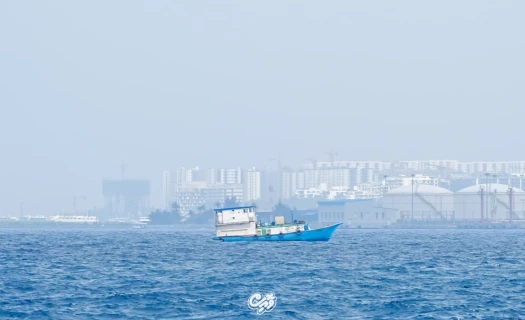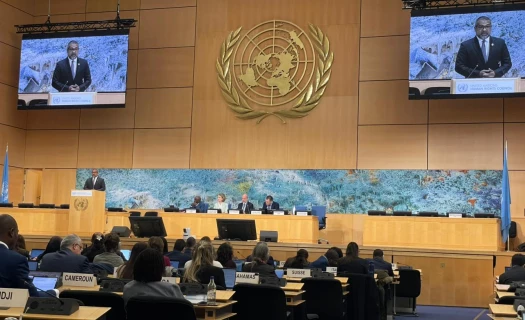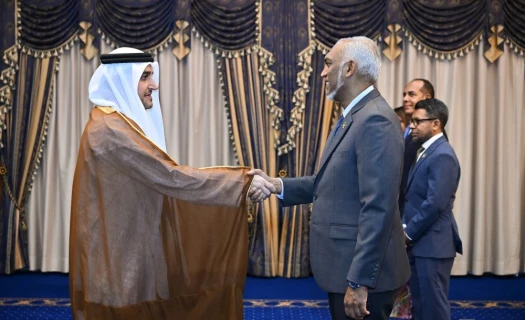Parliament passes bill raising fees for expat worker recruitment

Parliament has passed an amendment to the Employment Act that will increase the fees employers must pay to the government to recruit expatriate workers on Monday.
The bill, proposed by North Kulhudhuffushi MP Mohamed Daud, was reviewed by the Security Services Committee and presented to the Parliament floor on Monday.
It passed with a majority vote of 65-10, with 10 members of the Maldivian Democratic Party (MDP) voting against it.
Qasim Ibrahim, the Maamigili MP and leader of the government-aligned Jumhoory Party (JP), voiced his opposition to the bill during committee meetings.
However, he was absent during the final vote in Parliament.
The current law sets an annual quota fee of MVR 2,000 and a work permit fee of MVR 350 for expatriate workers, which employers are responsible for paying.
The newly passed amendment allows the government to review these fees every 18 months, with any revised rates capped at 30 percent of the current rates.
The amendment also introduces stricter penalties for employers who neglect their expatriate workers.
Employers found guilty of withholding salaries, assigning workers to jobs other than those they were recruited for, denying basic necessities, or forcing workers to commit illegal acts during the recruitment process may face fines of MVR 50,000, suspension of their recruitment permits, and public exposure of their offenses.
Additionally, the bill gives the cabinet the authority to set labor quotas for recruitment from specific countries, replacing the current cap of 100,000 unskilled workers per source country.
Quotas and fields of work will be determined based on cabinet advisement following an assessment of the labor market's needs and challenges.
Another key provision in the amendment empowers inspectors to enter and inspect worksites without prior notice, especially those deemed illegal.
The bill mandates that assessments cover labor market challenges, demand for foreign labor, and the number of both legal and illegal expatriate workers.
Opposition MDP lawmakers expressed concerns over this provision, arguing that it gives the Home Minister excessive power to approve expatriate recruitment without sufficient oversight.














